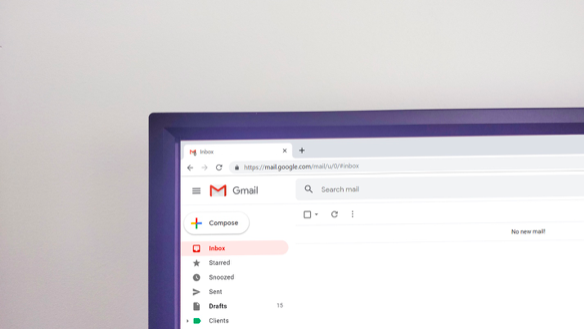This summer, the Equifax data breach scandal reached its much-anticipated conclusion, with the company now required to pay upwards of 600 million dollars to those affected by the crisis. In 2017, the world was stunned when the customer data for major credit reporting company Equifax was leaked, exposing the personal information of over 140 million customers, who often had to spend money they didn’t have to fix the situation.
For many, seeing this scary and shocking data breach back in the news has been a sobering wake-up call. We’re in 2019, and technology is incredibly advanced: it allows for significant societal advances, but it also, unfortunately, lends itself to some “dark magic” as well.
With more and more data flowing through our devices and daily lives, a number of industries are increasingly being targetted by scammers and frauds. The real estate industry, which inevitably involves a large amount of paperwork and data-sharing, has been copping its fair share of identity fraud and theft scams. As a real estate agent or industry member, it’s likely to be a frightening concept— but this is something you can and should prepare for! Though taking important precautions can’t guarantee a breach-free existence, it certainly lessens your chances of dealing with fraud.
Looking for a few ways for realtors to keep their client data secure? Read on.
1. Stay in Communication— and be Honest!
You are your client’s liaison between their family and their home— future or present. They deserve the best security possible and, at the very least, the full scoop on what sort of threats they might face in the buying process. Make sure they are informed about the current identity theft scams currently affecting the real estate world, so they know what to look out for.
2. Go With an “IT Crowd” you can Trust
It’s wise to let the tech pros at an IT agency work with your devices and information but take care to properly “vet” them. They’ll have access to all of your business and client data, and it’s crucial those don’t fall into the wrong hands! When choosing an IT agency, ensure that your hiring team gives every candidate a thorough interview and checks all their references. If possible, speak to other companies who have utilized their services.
3. Don’t Connect to Unknown Networks
WiFi is popping up more and more, and can now be found in many public spaces. The same goes for outlets and USB ports— it’s easy to stay connected anywhere! The problem with these public connection networks is that we don’t always know what’s on the other side of the “wire.” A public WiFi network or USB point can open your device up to hackers, who can mine your clients’ personal information for their own nefarious gain. So, though it may be tempting to finish those work emails on the free train WiFi heading home, it might be best to wait until you’re actually using your personal network.
4. Make it Personal
Though it is often quicker and “easier” to have your clients submit their housing application and other related paperwork to you digitally, it might not be the most secure choice. These applications contain very sensitive data that could potentially get intercepted by hackers if sent digitally. Instead, invite your client to your office, or meet them in-person for these exchanges. Sure, it takes longer— but not as long as it would take to deal with their identity being stolen.
5. Be Password Savvy
Would you leave your house key in the door, open to intruders? No! So, why would you choose an easy-to-guess password? It’s a great idea to keep your digital client data in a locked file, but ensure that the password isn’t easy to crack. Easily Googled information about you or your business should be off the table for your passwords— think birthdays, mascots, significant people or locations, or taglines should all be avoided.
6. Don’t Go Obsolete
Is out of date software putting you at risk? Generally, updates come with stronger firewalls and more advanced security and data protection. (Also, you might find that your devices run quicker and more effectively!)
7. Be Conservative with your WiFi
Is your WiFi router protected? Whether your office is in a highly congested business area, or on a country road, chances are, there’s somebody trying to connect to the internet near you. Maybe they’re just passing through, maybe they’re settled in with their computer, or maybe they’re even a scammer— you don’t know. To avoid strangers getting into your network, and potentially harvesting your information that way, keep your internet connection on a tight lockdown, with a random, difficult-to-guess password. Generally, once your trusted sources are connected, they won’t need to type it in again— so an “annoying,” difficult to remember password is perfect for this.
Building your client’s trust begins with getting the proper licensing and filling your resume with advanced training. But in order to secure their trust throughout the entire sales process it’s critical to ensure that you’re taking the necessary precautions that come with business operations in the digital age.
Written by Haley Kieser.





